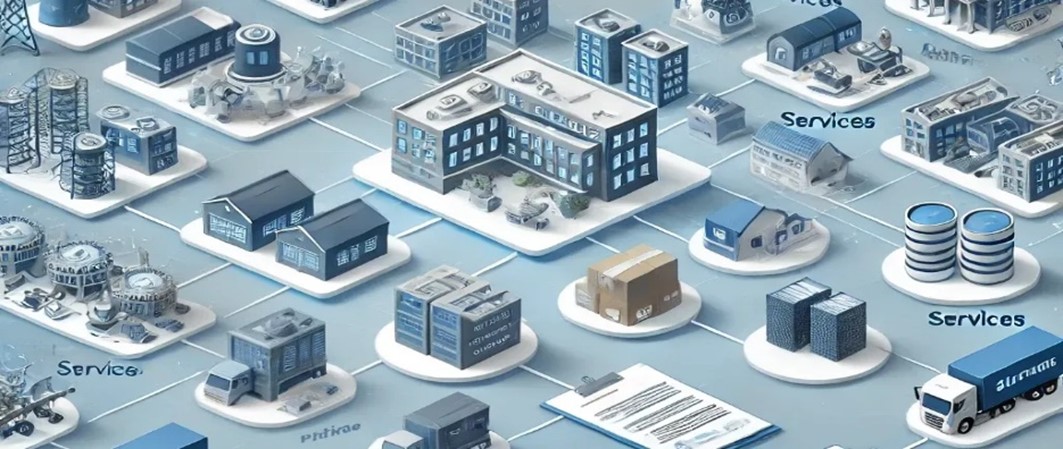Suppliers in Business Continuity Management (BCM)

When we talk about Business Continuity Management (BCM), many organizations think of suppliers only during business continuity incidents.
|
However, the importance of suppliers starts much earlier, right from the selection process and continues throughout the entire relationship. To ensure better business
continuity management, your organization should follow the following
guidelines: 1. Selecting Proper Suppliers
from the Beginning: The foundation of building a
resilient organization is choosing suppliers who provide critical assets
while ensuring they have their own Business Continuity Management Systems
(BCMSs). Suppliers with established BCMSs can provide secure and stable
supplies even during disruptions, protecting your organization's operations
and reputation. 2. Having Alternative Suppliers
for Resilience: It’s essential to identify and
maintain alternative suppliers who can support your organization during
business continuity incidents. If your primary suppliers lack the capacity or
responsiveness needed during a crisis, alternative suppliers can ensure the
continuity of essential operations. 3. Testing Suppliers'
Capabilities: Selecting suppliers is only the
beginning. Regularly testing suppliers’ BCM capabilities through audits,
assessments, and practical tests ensures their preparedness and ability to
meet your organization's standards during disruptions. 4. Clear Contracts and
Agreements: Proper contracts with clear
terms, service-level agreements (SLAs), and BCM requirements must be
established. Clearly defining roles, responsibilities, and expectations in
contracts is essential to avoid disputes during incidents. 5.
Supplier Participation in BCM Exercises: Suppliers should actively
participate in your organization's BCM exercises and tests. Including them in
simulated scenarios and recovery plans ensures both parties are well-prepared
for real incidents. 6. Providing Proper Funding: Effective supplier selection and
management require proper funding. Investing in resilient suppliers may seem
costly at first but proves invaluable when disruptions occur, ensuring
stability and continuity. 7. Arranging Suppliers Based on
BCM Capabilities: It’s essential to categorize
current and potential suppliers based on their BCM capabilities. Prioritizing
suppliers who demonstrate strong BCM readiness ensures better resilience and
smoother operations during incidents. Effective Business Continuity
Management requires building solid partnerships with suppliers long before a
disruption occurs. Selecting the right suppliers, testing their readiness,
and integrating them into your BCM plans are critical steps to protect your
organization. Does your organization actively
test and engage with suppliers to ensure their readiness during disruptions?
How do you arrange and evaluate your suppliers based on their BCM
capabilities
7. Arranging Suppliers Based on
BCM Capabilities: It’s essential to categorize
current and potential suppliers based on their BCM capabilities. Prioritizing
suppliers who demonstrate strong BCM readiness ensures better resilience and
smoother operations during incidents. Effective Business Continuity
Management requires building solid partnerships with suppliers long before a
disruption occurs. Selecting the right suppliers, testing their readiness,
and integrating them into your BCM plans are critical steps to protect your
organization. Does your organization actively
test and engage with suppliers to ensure their readiness during disruptions?
How do you arrange and evaluate your suppliers based on their BCM
capabilities? |
let's talk or even better Meet !
To know more about our services.
